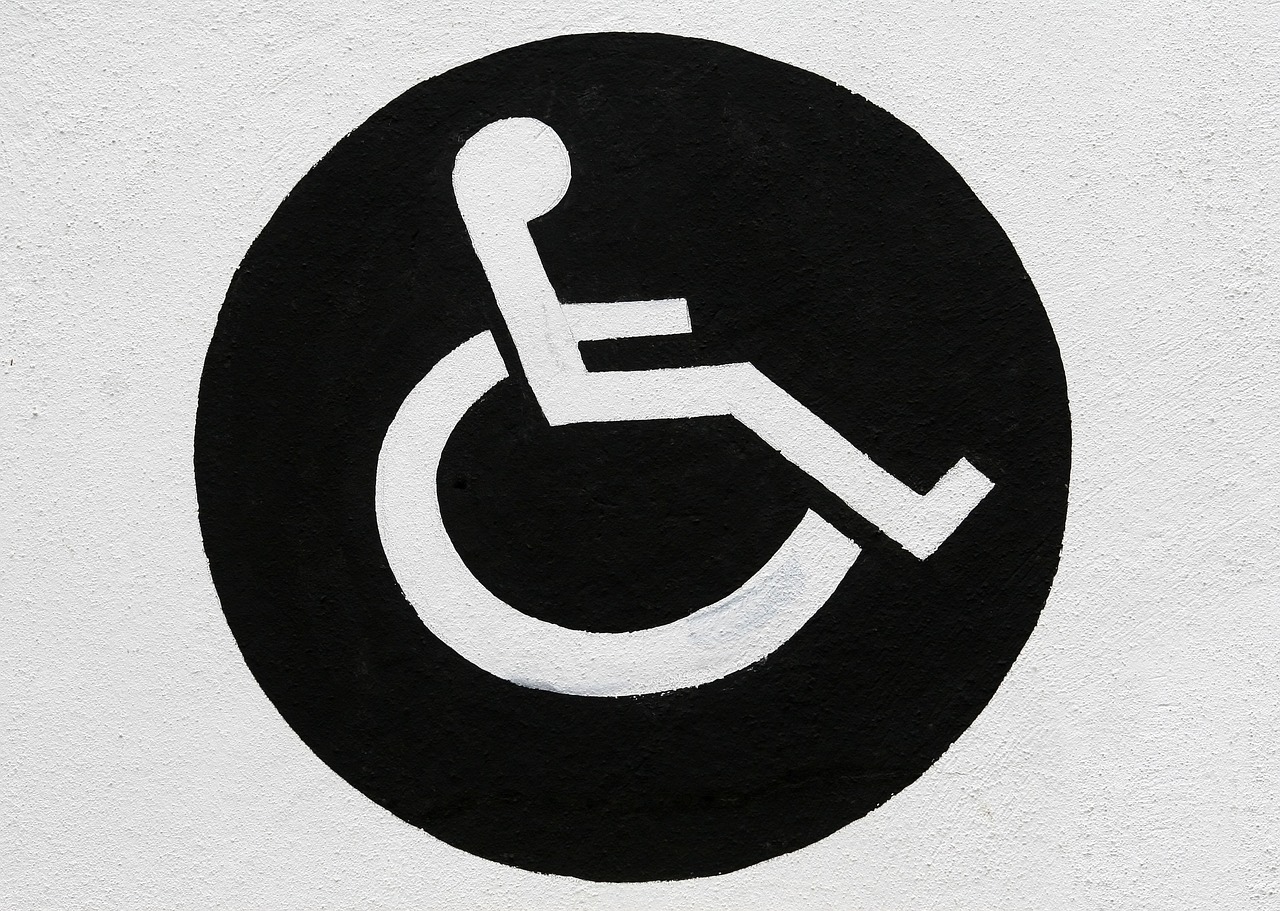You may not have heard of Judy Heumann, who died March 4 at the age of 75. Although she’s not directly connected to the multiple sclerosis community, you should know about her. Everyone who lives with a disability owes her a great deal.
Heumann was just 18 months old when she became ill in the 1949 polio epidemic. According to her website, doctors told her parents that she would never be able to walk, so they should place her in an institution. It was the way things were done back then. But her parents refused.
Later, a school principal tried to block her from entering kindergarten, calling her a “fire hazard.” Her parents fought that, too, although according to The New York Times, she wasn’t able to properly enroll in school until she was 9, and “even then she took her classes with other disabled students in the basement.”
Nothing would stop her
Eventually, Heumann earned a bachelor’s degree from Long Island University and a master’s in public health from the University of California, Berkeley. After suing New York City to be able to do it, she become that city’s first teacher to use a wheelchair. Again and again, she fought and won.
But, I think the biggest Judy Heumann story centers on a place called Camp Jened, a summer camp in New York’s Catskill Mountains for people with disabilities that operated from the 1950s to the ’70s. There, campers discovered what they could do and they confronted what they couldn’t; for example, conquering a step at the entrance to an ice cream store, or overcoming the attitudes inside the store that were as cold as the ice cream.
The disabled campers weren’t welcome inside, they were told, because they made customers feel uncomfortable. But, as shown in the 2020 Netflix documentary “Crip Camp,” at camp, they weren’t labeled as “different.” They were simply people with unique needs. Heumann was a camper, and then a counselor, at Crip Camp.
The disability rights movement is born
The campers didn’t forget those feelings or the connections they made with one another after their camp days ended. Several reconnected later and planted the seeds that grew into the disability rights movement.
In 1977, Heumann led more than 100 protesters during a sit-in at a federal building in San Francisco, part of a broader nationwide disability rights protest. She later testified at a congressional hearing, stating, “We will no longer allow the government to oppress disabled individuals.”
She was referring to the 1973 Rehabilitation Act, the first piece of legislation in the U.S. to address equal access for people with disabilities. However, four years after it was signed into law, it still hadn’t been enforced, which prompted the protests. At one point during the hearing, Heumann told a representative of President Jimmy Carter’s secretary of health, education, and welfare, “I would appreciate it if you would stop shaking your head in agreement when I don’t think you understand what we are talking about.”
Government officials soon did come to understand. The Rehabilitation Act was eventually enforced, particularly Section 504, which prohibits discrimination based on disability by any institution that receives federal funds. That paved the way for the Americans with Disabilities Act of 1990, which Heumann fought for, too.
Over the years, Heumann became one of the early staff members of the Berkeley Center for Independent Living, part of the broader Independent Living Movement, and she helped found the World Institute on Disability. She served as the first adviser on disability and development at the World Bank, as assistant secretary of the office of special education and rehabilitation services in the administration of President Bill Clinton, and as the first special adviser for international disability rights at the State Department during the administration of President Barack Obama.
Are we there yet?
All of that’s pretty good for a woman who once, as a child, risked being institutionalized because of her disability. But in a September 2021 interview with fellow BioNews columnist Kevin Schaefer, who writes for SMA News Today and hosts the SMA News Today podcast, Heumann noted that, when it comes to disability rights, “we’re not there yet.”
“We need to continue to educate people about how disability is a normal, valuable part of human life,” she said.
Heumann also mentioned that a movie about her life might be in the works. To me, that would be the perfect tribute to a woman whose name deserves to be known by everyone.
(Featured image by Robert Owen-Wahl from Pixabay.)
(A version of this post first appeared as my column on the MS News Today website.)



